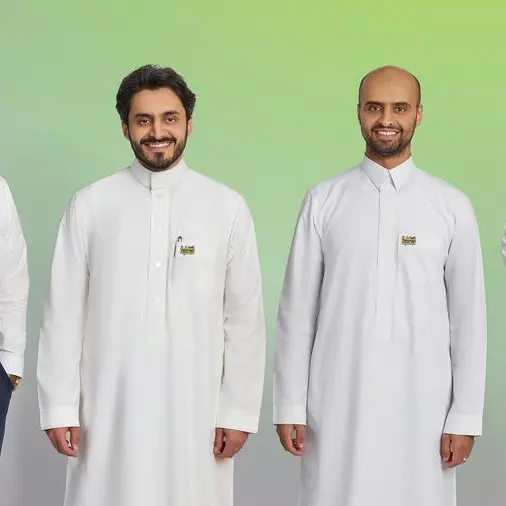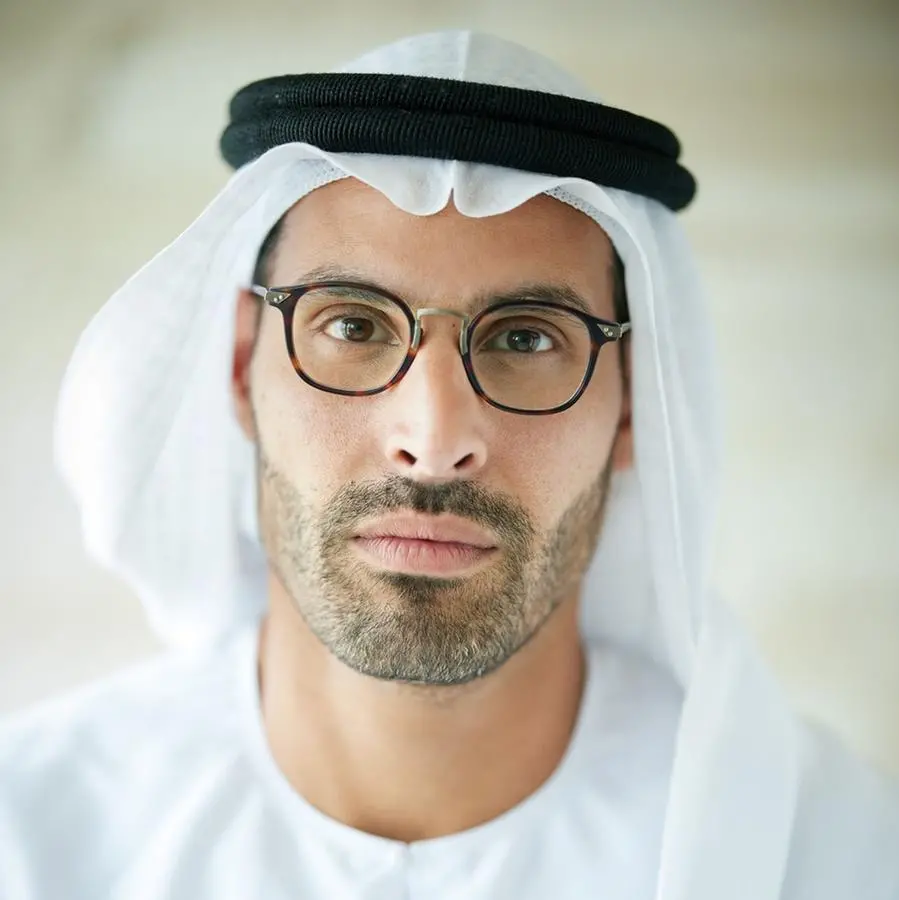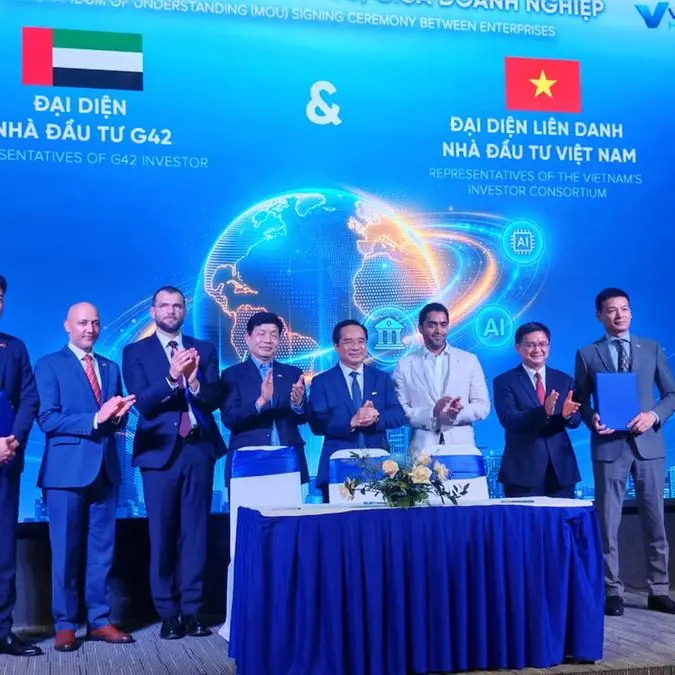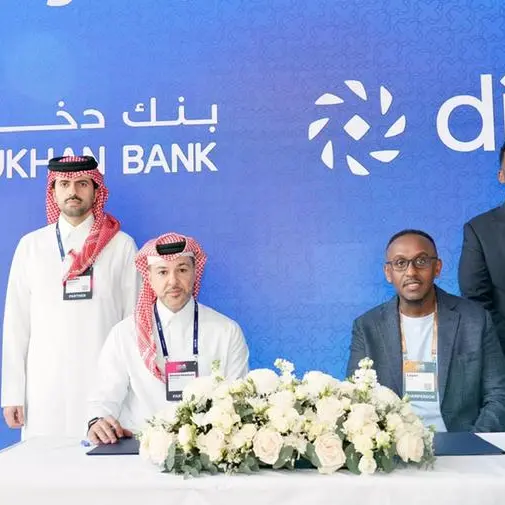PHOTO
The OPEC Fund for International Development (the OPEC Fund) is continuing to rapidly grow its portfolio and activities with US$605 million in new financing. Its Governing Board met for the 188th time in Vienna today to conclude a series of high-level engagements that included the approval of key development projects focusing on priorities such as global food security, climate finance and critical infrastructure.
Prior to the Governing Board meeting, the OPEC Fund inaugurated its extended Headquarters building on Vienna’s historic Ringstrasse. The Chairman of its Ministerial Council and Saudi Arabian Minister of Finance, Mohammed Al-Jadaan, said: “This is a symbolic moment, because it shows the institution at its best and demonstrates the ambition and the achievements that characterize the OPEC Fund.”
OPEC Fund President Abdulhamid Alkhalifa reflected on the institutions’ ambitions and underlined: “We are committed to the delivery of the Sustainable Development Goals.” He also confirmed the organization’s strong ties with its host country Austria and promised: “With our new Headquarters we intend to strengthen our presence and visibility.”
The OPEC Fund’s Governing Board approved the following new projects since its latest meeting in March 2024.
Public Sector Operations (in alphabetical order):
Bangladesh: A US$35 million loan to a private bank to support on-lending to small businesses and women-owned businesses and to promote food security and climate action.
Bhutan: A US$50 million loan to support the development of 65 MW renewable energy capacity with the Begana and Gamri-I Integrated Hydropower Project to strengthen energy security and reduce import dependency in dry seasons.
China: A US$ 56.5 million loan to finance the Pengshui Vocational Education Project to expand and strengthen the existing capacity and deliver market-oriented education for about 9,000 young students in Pengshui County.
Guinea Bissau: A US$15 million loan to co-finance the Economic Development of Southern Regions Project - Phase II with the International Fund for Agricultural Development (IFAD) to increase agricultural resilience with climate-smart practises
India: A US$100 million loan to co-finance the Mumbai Metro Line 5 Project, together with the Asian Infrastructure Investment Bank (AIIB), to meet the growing demand for urban transportation in the metropolitan region with a population of over 26 million.
Lesotho: A US$20 million loan to support the Wool and Mohair Value Chain Competitiveness Project through sustainable, climate-smart practices and supporting more than 45,000 smallholder farmer families.
Morocco: A US$100 million loan to co-finance the first phase of the Economic Governance and Climate Change Resilience Support Program to increase competitiveness and strengthen resilience, including to climate change.
Rwanda: A US$20 million loan to co-finance the second phase of the Rwanda Dairy Development Project to enhance income, nutrition and resilience of 175,000 rural households through a more inclusive, sustainable, digitized and competitive dairy sector.
Somalia: A US$36 million loan to finance the Debt Sustainability and Clean Cooking Program and provision of two separate US$3 million grants to support project implementation.
Tanzania: A US$50 million loan to co-finance the Climate Smart Smallholders Dairy Transformation Project together with IFAD to improve livelihoods of 120,000 rural households, increase food safety and mitigate the impact on climate change.
Türkiye: A US$20 million loan to partially finance the Post-Earthquake Emergency Hospitals Project, which is part of overall Government efforts to build 13 hospitals following the 2023 disaster. The OPEC Fund’s loan will support the construction of one 50-bed, earthquake-resilient hospital in the Malatya province in eastern Anatolia.
Private Sector and Trade Finance Operations (in alphabetical order):
Bosnia and Herzegovina: A €12.5 million loan to Raiffeisen Bank Bosnia and Herzegovina for on-lending to micro, small and medium-sized enterprises, including women-led companies.
Mauritania: A US$40 million participation in a multi-lender trade finance facility to support energy security
Uzbekistan: A US$40 million loan to a bank in Uzbekistan to support small and medium-sized enterprises and agribusinesses.
Grants:
Global: A US$3 million grant to establish the OPEC Fund Food Security and Climate Adaptation Facility, an initiative to strengthen climate-resilient food systems and improve food security in the most vulnerable regions of the world. The facility aims to catalyze US$500 million in investments by 2030 and will kick-off with pilot initiatives in sub–Saharan Africa.
-Ends-
About the OPEC Fund
The OPEC Fund for International Development (the OPEC Fund) is the only globally mandated development institution that provides financing from member countries to non-member countries exclusively. The organization works in cooperation with developing country partners and the international development community to stimulate economic growth and social progress in low- and middle-income countries around the world. The OPEC Fund was established in 1976 with a distinct purpose: to drive development, strengthen communities and empower people. Our work is people-centered, focusing on financing projects that meet essential needs, such as food, energy, infrastructure, employment (particularly relating to MSMEs), clean water and sanitation, healthcare and education. To date, the OPEC Fund has committed about US$27 billion to development projects in over 125 countries with an estimated total project cost of more than US$200 billion. The OPEC Fund is rated AA+/Outlook Stable by Fitch and AA+, Outlook Stable by S&P. Our vision is a world where sustainable development is a reality for all.




















